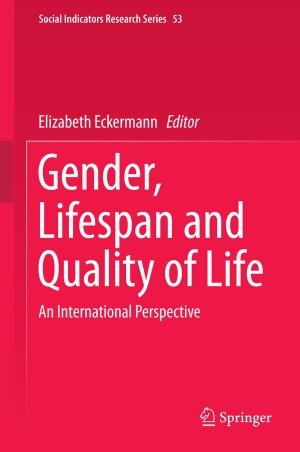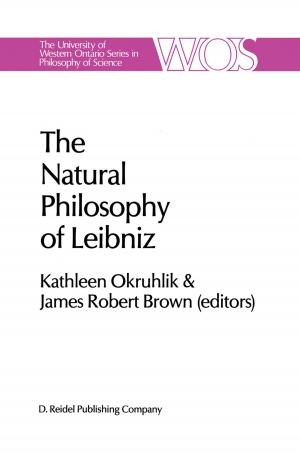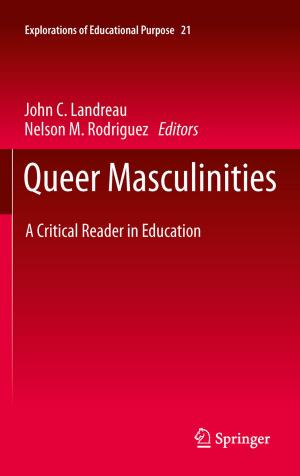Preventing Prenatal Harm
Should the State Intervene?
Nonfiction, Religion & Spirituality, Philosophy, Ethics & Moral Philosophy, Health & Well Being, Medical| Author: | D. Mathieu, E. Haavi Morreim | ISBN: | 9780585271811 |
| Publisher: | Springer Netherlands | Publication: | August 26, 2007 |
| Imprint: | Springer | Language: | English |
| Author: | D. Mathieu, E. Haavi Morreim |
| ISBN: | 9780585271811 |
| Publisher: | Springer Netherlands |
| Publication: | August 26, 2007 |
| Imprint: | Springer |
| Language: | English |
The issues explored in this book have unfortunately come to be known as 'maternal-fetal conflicts'. The phrase is unsatisfactory because it is misleading: It places the emphasis on the well-being of the fetus instead of on the born child (who will bear the burden of any harm done prenatally); it assumes a conflict between a pregnant women and her offspring (while the issue is usually more complex and more broadly based); and it incorrectly implies that all pregnant women are appropriately regarded as mothers. For these reasons, I have chosen to avoid the phrase 'matern- fetal conflict' altogether, and will instead speak in terms of 'preventable prenatal harm'. I mention this at the outset, for those of you familiar with 'maternal-fetal conflicts' who might be wondering if I am addressing the same issues. Yes. But I am trying to look at them in a new - and I hope more fruitful - way. I would like to thank the other participants in the Hastings Center's maternal-fetal project - especially those who disageed with me - for being so thought-provoking. And I owe a lasting debt of gratitude to Henry Ruth and Allen Buchanan for their invaluable counsel.
The issues explored in this book have unfortunately come to be known as 'maternal-fetal conflicts'. The phrase is unsatisfactory because it is misleading: It places the emphasis on the well-being of the fetus instead of on the born child (who will bear the burden of any harm done prenatally); it assumes a conflict between a pregnant women and her offspring (while the issue is usually more complex and more broadly based); and it incorrectly implies that all pregnant women are appropriately regarded as mothers. For these reasons, I have chosen to avoid the phrase 'matern- fetal conflict' altogether, and will instead speak in terms of 'preventable prenatal harm'. I mention this at the outset, for those of you familiar with 'maternal-fetal conflicts' who might be wondering if I am addressing the same issues. Yes. But I am trying to look at them in a new - and I hope more fruitful - way. I would like to thank the other participants in the Hastings Center's maternal-fetal project - especially those who disageed with me - for being so thought-provoking. And I owe a lasting debt of gratitude to Henry Ruth and Allen Buchanan for their invaluable counsel.















